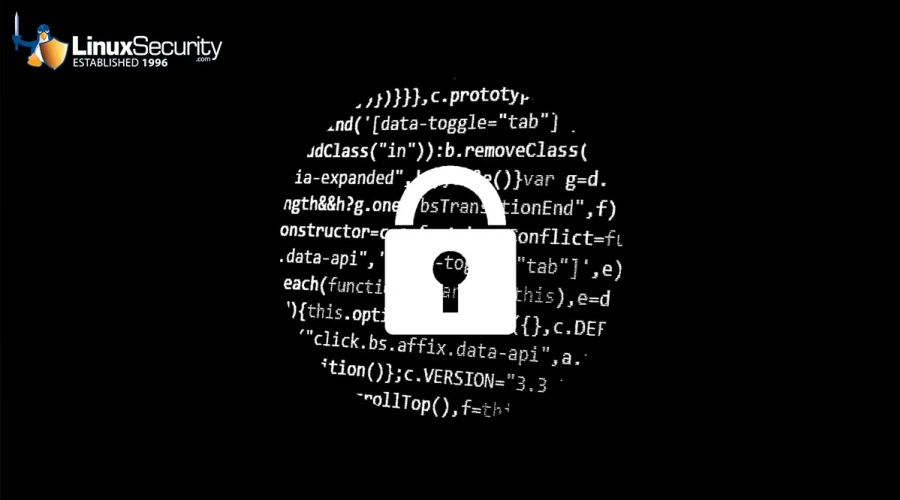
Experts warn of a critical Linux Kernel vulnerability (CVSS score of 10) impacting SMB servers that can lead to remote code execution.
A critical Linux kernel vulnerability (CVSS score of 10) exposes SMB servers with ksmbd enabled to hack. KSMBD is a Linux kernel server that implements SMB3 protocol in kernel space for sharing files over the network. An unauthenticated, remote attacker can execute arbitrary code on vulnerable installations of the Linux Kernel.
The flaw resides in the processing of SMB2_TREE_DISCONNECT commands.
“This vulnerability allows remote attackers to execute arbitrary code on affected installations of Linux Kernel. Authentication is not required to exploit this vulnerability, but only systems with ksmbd enabled are vulnerable.” reads the advisory published by ZDI. “The specific flaw exists within the processing of SMB2_TREE_DISCONNECT commands. The issue results from the lack of validating the existence of an object prior to performing operations on the object. An attacker can leverage this vulnerability to execute code in the context of the kernel.”

















